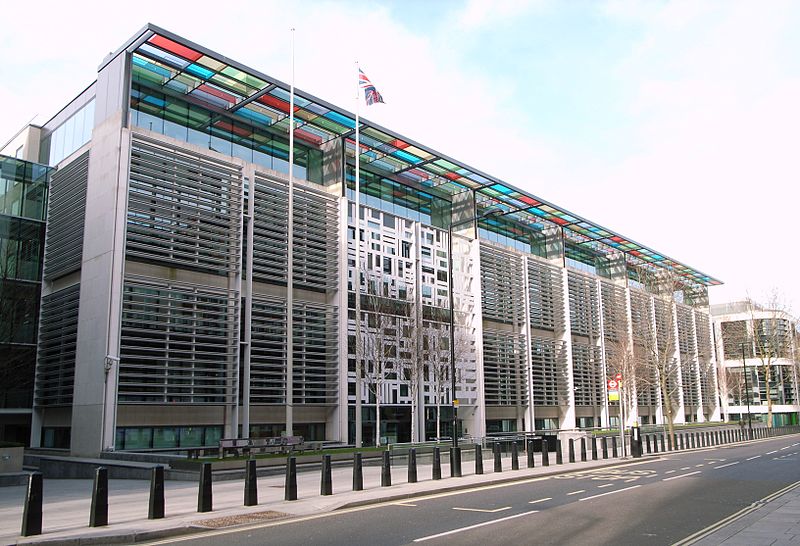
The UK government has launched its biggest ever operation against illegal working, with arrests reaching record highs following an unprecedented surge in enforcement action.
Under Operation Sterling, a £5 million investment has strengthened Immigration Enforcement’s ability to target and remove illegal workers across key industries such as takeaways, delivery services, beauty salons, and car washes.
Between October 2024 and September 2025, officers carried out 11,000 raids, resulting in more than 8,000 arrests—a 63% increase in arrests and a 51% rise in enforcement visits compared to the previous year. Over 1,050 foreign nationals encountered during these operations have since been removed from the UK.
This represents the most extensive crackdown on illegal working since official records began.
The government is also tightening Right to Work checks through new legislation, expanding the requirement beyond traditional employers to include gig economy platforms and other non-standard employment arrangements.
Currently, only companies with direct employer-employee contracts are required to verify immigration status. The new laws will close this loophole, ensuring that all forms of work—including casual, subcontracted, and temporary roles—are covered.
Employers who fail to carry out these checks face severe penalties: up to five years in prison, fines of £60,000 per illegal worker, and potential closure of their business.
Home Secretary Shabana Mahmood, said:
“Illegal working creates an incentive for people attempting to arrive in this country illegally. No more.
Those found to be illegally working in beauty salons, car washes and as delivery drivers will be arrested, detained and removed from this country.
I will do whatever it takes to secure Britain’s borders”.
To strengthen enforcement, the government will introduce a mandatory Digital ID system by the end of this Parliament. The digital IDs will serve as proof of a person’s right to work and are designed to simplify verification for employers while making it harder to forge documents or evade checks.
The Digital ID initiative is also intended to disrupt the operations of smuggling gangs and rogue employers, with digitised checks helping authorities identify companies that fail to comply with the law.
These measures build on wider efforts to restore order to the immigration system, including the UK-France agreement that enables the detention and return of small boat arrivals. Since the start of the current government, 35,000 people with no right to remain in the UK have been removed—a 13% increase in removals.
A six-week consultation on the Right to Work changes will invite input from businesses and industry leaders on implementing the new system. The goal is to ensure employers receive clear guidance on when and how to conduct checks across different types of working arrangements and supply chains.
The Home Office is also collaborating with major food delivery platforms—including Deliveroo, Just Eat, and Uber Eats—which have strengthened ID verification systems. A new data-sharing agreement allows the secure exchange of information about asylum accommodation locations to help identify and stop asylum seekers working illegally as delivery riders. Photo by Steve Cadman, Wikimedia commons.




































